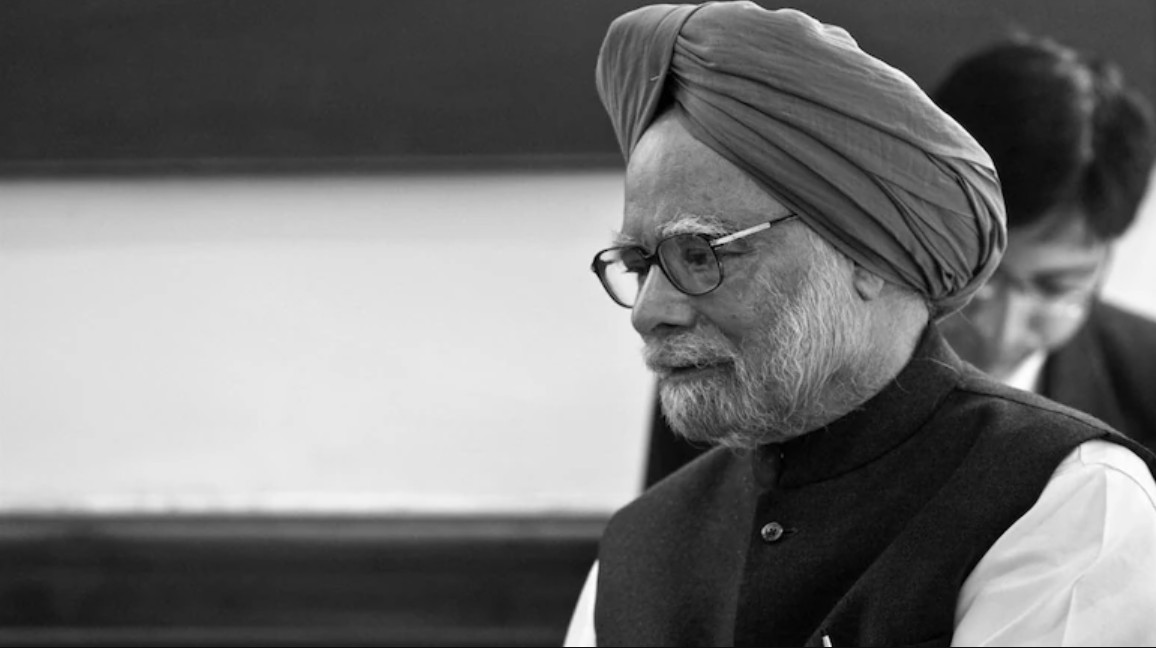Move to Align with Scotland and Wales Aims to Boost Youth Participation and Modernize Electoral System.
In a landmark move, the UK government has announced plans to lower the national voting age from 18 to 16, aiming to implement the change by the next general election. If approved, the change would bring voting rights for younger citizens in line with Scotland and Wales, where 16 and 17-year-olds already vote in devolved elections.
Key Reforms in the Proposal
🔹 Expanded Voting Rights
- 16 and 17-year-olds will gain the right to vote in UK general elections.
- The change seeks to recognize the responsibilities many young people already hold, such as employment and military service.
“We are taking action to break down barriers to participation that will ensure more people have the opportunity to engage in UK democracy,” said Deputy Prime Minister Angela Rayner.
🔹 Inclusive Voter ID Reforms
- Acceptable forms of voter ID will be expanded to include:
- UK-issued bank cards
- Digital versions of existing IDs (e.g., driving licences, Veteran Cards)
This change is designed to make voting more accessible and reduce the number of people turned away at polling stations.
Strengthening Electoral Integrity
To address growing concerns about political transparency and foreign interference, the reform package also includes:
- Tighter rules on political donations
- Contributions over £500 from unincorporated associations will face stricter scrutiny.
- Loopholes enabling donations through shell companies will be closed.
Context and Public Impact
- Voter turnout in the 2024 general election was just 59.7%, the lowest since 2001.
- The government hopes these reforms will increase voter registration and participation, particularly among young people.
📊 Research Insights
- According to the UK House of Commons Library, research from countries that lowered the voting age to 16 shows:
- No significant impact on overall election outcomes.
- 16-year-olds often have higher turnout rates than first-time 18-year-old voters.
Political Implications
The Labour government, led by Prime Minister Keir Starmer, had previously committed to lowering the voting age. Despite a steep decline in popularity since its landslide victory a year ago, the party is moving forward with its electoral reform agenda.
The proposed changes are still subject to parliamentary approval, but if passed, they could reshape the political landscape for future generations of voters in the UK.



